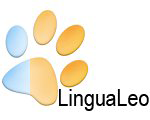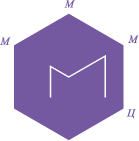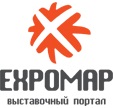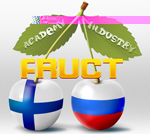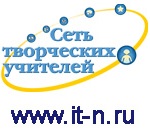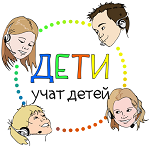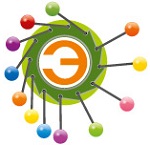Agata Wilam
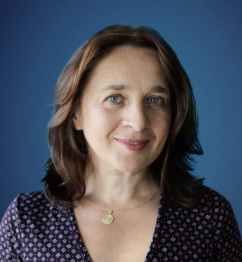
As Smart As A Kid
November 29, 2013 | 19:00
On November 29 the Digital October Center held a teleconference with Agata Wilam, the cofounder of the Children’s University, a non-profit Polish project that holds meetings every Saturday between university professors and the young and middle-aged school children who will be their students in 5-10 years.
On November 29 the Digital October Center held a teleconference with Agata Wilam, the cofounder of the Children’s University, a non-profit Polish project that holds meetings every Saturday between university professors and the young and middle-aged school children who will be their students in 5-10 years.
In just a few years her Children’s University has become a brand name in Poland and has been able to achieve:
- four divisions—in Warsaw, Krakov, Wrocław, and Olsztyn—that function continuously, bringing in 6000-8000 students every year
- 320 lessons taught by the best minds in the country, including modern artists and participants in the creation of the Mars rover
- a non-stop education process for children and even their parents organized in part by 500 scientists and other experts with help of dozens of volunteers.
Released 7 years ago, the project, in addition to its own four divisions, has dozens of clones in different corners of Poland, a number that almost doubled in 2012.
Since the end of the 1990s Poland has seen the development of the discussion of how to teach children, with a community of those dissatisfied by the current quality of elementary education forcing the government to institute reforms. But also there were those who decided to unveil the fascinating world of science and “grown-up” knowledge for the younger generation on their own, without waiting for the authorities.
When Agata’s daughter, who was then in third grade, announced, “Mom, I think my best years are already behind me: when I was little people let me do things instead of the other way around,” Wilam wondered if such limits and prohibitions would always be necessary and built into the school-aged education system, and what she could give her daughter besides the usual “write clearly” and another kilogram of textbooks.
Along with several other enthusiasts, she decided to work on providing additional education for children aged 6-13 by turning to institutes of higher learning for expertise. Surprisingly, universities were only too happy to meet her halfway, offering their lecturers and laboratories for lessons and asking teachers to help put together a program and run seminars and master classes for the very youngest. Leading areas of science were the focus, while game blocks brought in captivating experiences, experiments, and training classes to generally develop children.
The University simultaneously interviewed future “students,” taking word-for-word the questions most commonly asked about science and the world around us as lesson topics. This gave the children the opportunity to explain to adults that they were just as interested in chemical reactions and technology as in phonetics.
So far their varying programs have been taught to 27000 children. Most importantly, however, that success inspired tens of other universities, as well as both non- and for-profit entities, to kick off their own analogous projects. While the number of Polish children’s universities in 2008 could be counted on the fingers of one hand, by 2012 there were more than 150 of them.
Needless to say, this system is fairly decentralized. Anyone in even a very small city can get their own “university” started if they can find financial backing from a local educational institution, non-profit, business, the authorities, or the regional department of education. The subject matter is also not restricted, including anything from a stand-alone course to a full set of academic programs.
Nevertheless, Moscow’s Polytechnical Museum asked none other than the Polish Children’s University to share the experience they had gained when the museum was releasing its own program of lecturers for children in 2012. The first lectures and master classes for the very youngest were run by Russian scientists of global stature, while Agata Wilam travelled to the capital to speak at the museum’s day of open doors for the new project.
POST-LECTURE DISCUSSION PARTICIPANTS
-
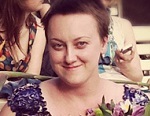
Maria Ivanova
Managing Director, children's educational environment Boolkee
-

Ivan Bogantsev
Deputy Director, Polytechnical Museum
-
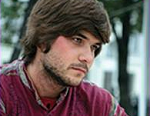
Anton Zakharov
Scientific Adviser, museum of entertaining sciences Experimentarium
-
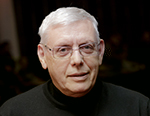
Oleg Medvedev
PhD in Medical Sciences, professor, Head of the Department of Pharmacology of the Moscow State University
-
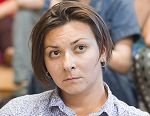
Tatiana Ryabukhina
Curator, University of Children at Polytechnical Museum
-

Anna Pavlova
author of the idea of Children teach children project
-

Svetlana Pavlova
Teacher, CEO of Remote Tutor service


































